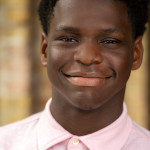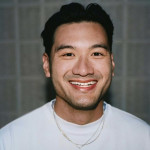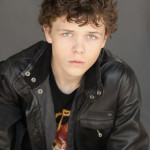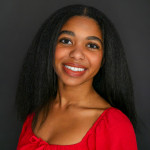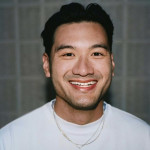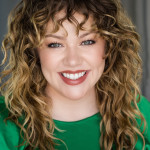The Art of Auditioning
Sound Advice for the Teen Actor
So you’ve made the decision – you want to be an actor. Now what? Here are some fundamental tips and wise counsel to start you on your journey.
1) You can’t become a star without training!!
First and foremost, seek out and take legitimate acting classes in order to build a foundation. Acting is a craft, and you can learn how to approach a script, how to make choices and find specific images. Chicago Casting Director, Mickie Paskal talks about this: “It‘s critical for young actors to do their homework if they want to compete. Comprehensive classes and workshops like those offered at Acting Studio Chicago can give you the edge,” says Mickie.
A serious school will not only educate you, but can also guide you when you are ready to find the agent who will send you on your first audition. Once you have found an agent “…the amount of effort that the teen puts into his own career will dictate how hard the agent will work for them. Training is part of that effort. I refer many of my young talent to Acting Studio Chicago” says Sam Samuelson of the Stewart Talent Agency.
2) Mother always said, “Be prepared!”
When you get a call from your agent, you should be prepared. Former Chicago casting director Jane Alderman suggests that you keep a pad of paper and a checklist by the phone. You should get the following information: where and when the audition will take place, and callback and shoot dates. Understanding who and what you are auditioning for will help you do your homework. If it’s a film, find out who’s directing it; if it’s a commercial understand the product and the target customer. If you have an audition for a television film or an episodic, knowing the network can also help. The WB tends to be hip and trendy, whereas Nickelodeon presents more wholesome images. Knowledge is power.
3) Turn off the TV and read, read, read
If you have a film audition, ask your agent if there is a full script available at the casting director’s office that you can go and read. Reading the full script is especially helpful if you are auditioning for a functionary role, such as a pizza delivery boy, or the principal of the High School; it aids your preparation to know if you are working in a hip café in Greenwich Village or at the McDonald’s outside Peoria. Preparation is key. If you are auditioning for Cheerleader #1, make sure you are believable as a cheerleader in addition to making an interesting choice. For a commercial audition, have your agent fax the copy to you and read it enough times so that you are very familiar with the script. This kind of professionalism sets the pros apart from the beginners.
4) Hey kid, you need an attitude adjustment
Now that you have your script or commercial copy and have done your homework, it’s time to TRUST YOUR INSTINCTS, prepare your scene and make choices. It’s vital that “you don’t worry about camera rules that don’t exist,” says Alderman. The primary difference between stage and screen is an adjustment of focus. On camera you no longer have an obligation to an audience. You now have only one eyeball looking at you (the camera), not an audience of 700. A good on camera actor is one who is always thinking (inner monologue) and processing what they are receiving. This adjustment, however, doesn’t mean that you cannot move. Phrases such as “Less is more” or “Bring it down” or “You’re too big for the camera” tend to paralyze actors. You must have a physical life and “fill the frame.” We find in coaching teen actors for auditions and working with young theater-trained actors that a lack of importance and personalization are the most consistent acting problems.





